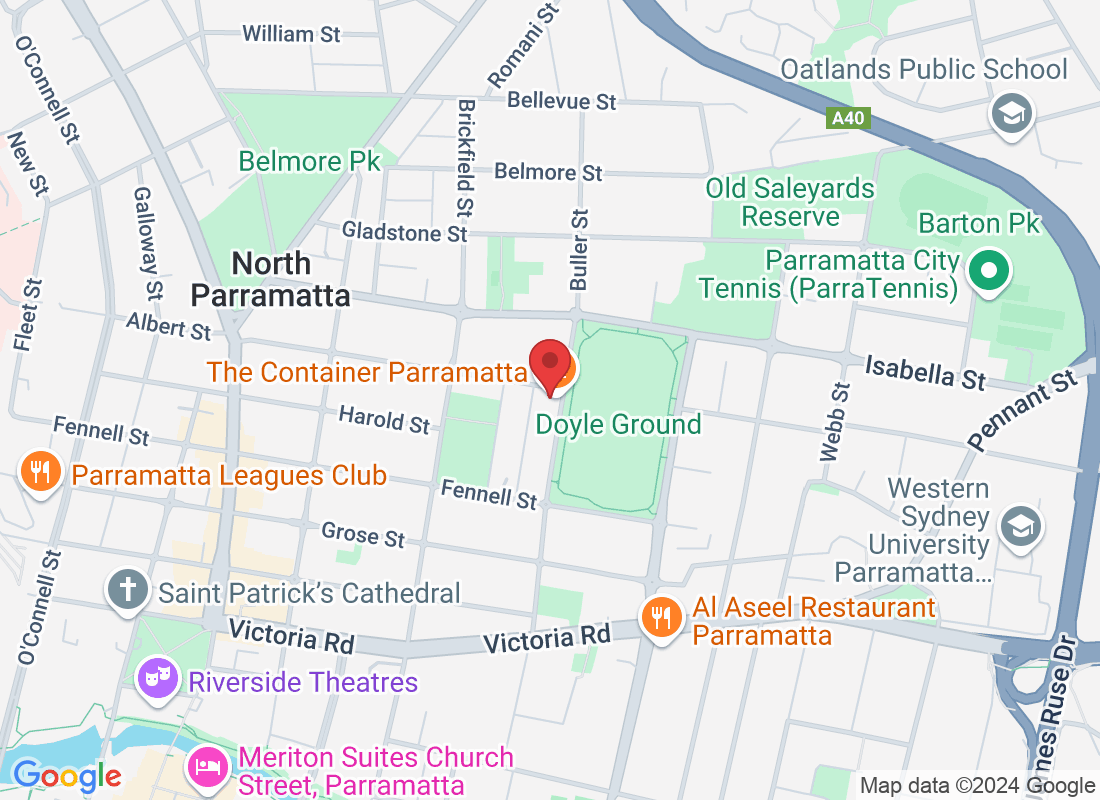
Urinary Urgency and Frequency: Identifying Underlying Issues and Solutions
Experiencing frequent trips to the bathroom or the sudden, intense urge to urinate can disrupt daily life and lead to discomfort or embarrassment. These symptoms, known as urinary urgency and frequency, often indicate underlying issues that can be addressed with the right treatment and support.
What Causes Urinary Urgency and Frequency?
Urinary urgency and frequency can result from a range of factors, including:
Overactive Bladder (OAB): A condition where the bladder muscles contract involuntarily, leading to sudden urges.
Weak Pelvic Floor Muscles: These muscles support the bladder, and when weakened, they may contribute to poor bladder control.
Bladder Irritation: Caused by dietary triggers, infections, or inflammation.
Stress or Anxiety: Emotional stress can increase bladder sensitivity and lead to more frequent trips.
Hormonal Changes: Particularly common during menopause or post-pregnancy.
How Physiotherapy Can Help
Physiotherapy is an effective and non-invasive way to manage urinary urgency and frequency. Here’s how it can help:
1. Pelvic Floor Strengthening
Weak pelvic floor muscles often contribute to poor bladder control. Physiotherapists can guide you through targeted exercises to strengthen these muscles, improving their ability to support bladder function.
2. Bladder Training
Bladder training involves gradually increasing the time between bathroom visits to retrain your bladder. This technique helps reduce urgency and frequency over time.
3. Biofeedback and Real-Time Ultrasound
Using tools like biofeedback or ultrasound, physiotherapists can help you better understand and control your pelvic floor muscles. These techniques provide immediate feedback to ensure exercises are done correctly.
4. Postural and Breathing Adjustments
Improving posture and breathing patterns can reduce pressure on the bladder and promote better pelvic health.
Lifestyle Changes to Support Recovery
In addition to physiotherapy, making small changes in daily habits can improve symptoms:
Monitor Fluid Intake: Drink enough water to stay hydrated, but avoid excessive fluids that strain the bladder.
Identify Dietary Triggers: Caffeine, alcohol, and acidic foods can irritate the bladder.
Practice Relaxation Techniques: Reducing stress can have a calming effect on bladder sensitivity.
When to Seek Help
If urinary urgency and frequency are affecting your quality of life, it’s important to seek support. These symptoms are common but not something you need to live with. Physiotherapy offers safe, effective strategies to address the root causes and help you regain control.
Regain Confidence and Control
Managing urinary urgency and frequency starts with understanding the underlying issues. With the right guidance and treatment, you can improve bladder function, reduce symptoms, and get back to living your life without interruptions.
If you're ready to address these concerns, contact our clinic today and take the first step toward better bladder health.



